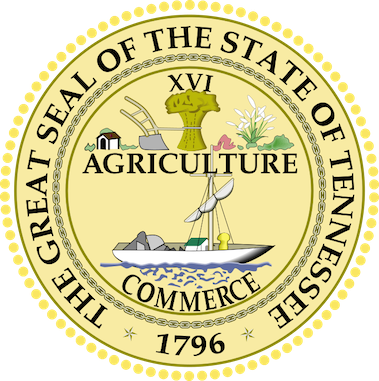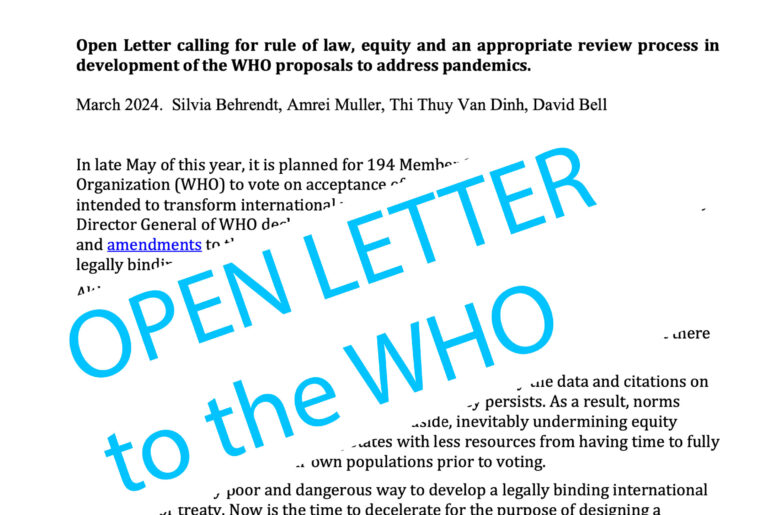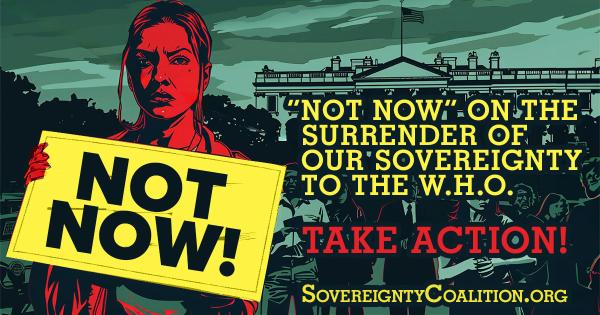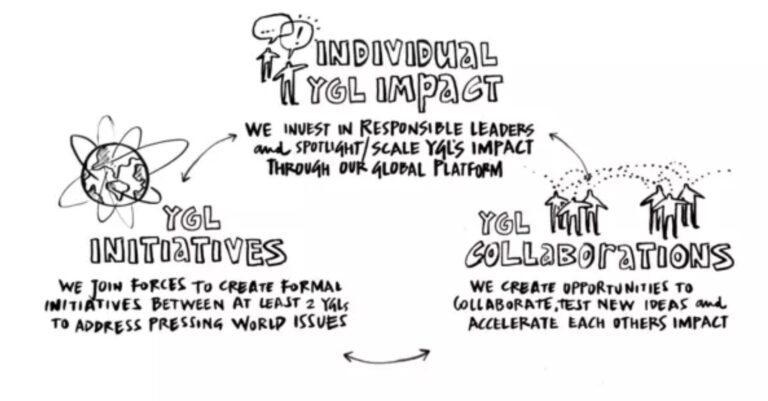This article is a repost. It was published by The Solari Report.
I. Executive Summary
This document presents to state legislators in Tennessee the case for setting up a State Bank of Tennessee (SBT). SBT would act as a second-tier bank, interposed between the Federal Reserve Bank of Atlanta (FRBA) and the Tennessee State Government (TSG) on the one hand, and local banks (community banks, credit unions, savings banks, locally-headquartered commercial banks) operating in Tennessee on the other. The goal of SBT is to ensure that the State of Tennessee can better act in the interests of its citizens, better fulfill its constitutional duties, and provide for a resilient and strong economy and financial system. SBT will not compete with smaller local banks for loan and deposit market shares, but will act to support them in a number of ways, including loan participations and purchases, while mutually benefiting from expanded liquidity in state-level short-term money markets.
Small and medium-sized enterprises account for the vast majority of jobs in Tennessee (as elsewhere) and research has demonstrated that their prosperity and capacity for job creation, innovation, and expansion depends to a significant extent on the availability and capacity of small local banks. Small firms and small banks depend on each other in a symbiotic relationship.
The establishment of SBT would help support small and medium-sized enterprises in Tennessee to gain access to funding and deposit markets, significantly strengthening the economy of Tennessee and also increasing tax revenues without any tax increases.
Continue Reading on The Solari Report..
Related Reading:
From The Moneychanger: Senator Frank Niceley – Restoring Freedom in Tennessee
Special Solari Report: Free in Tennessee: Kicking Tyranny to the Curb








